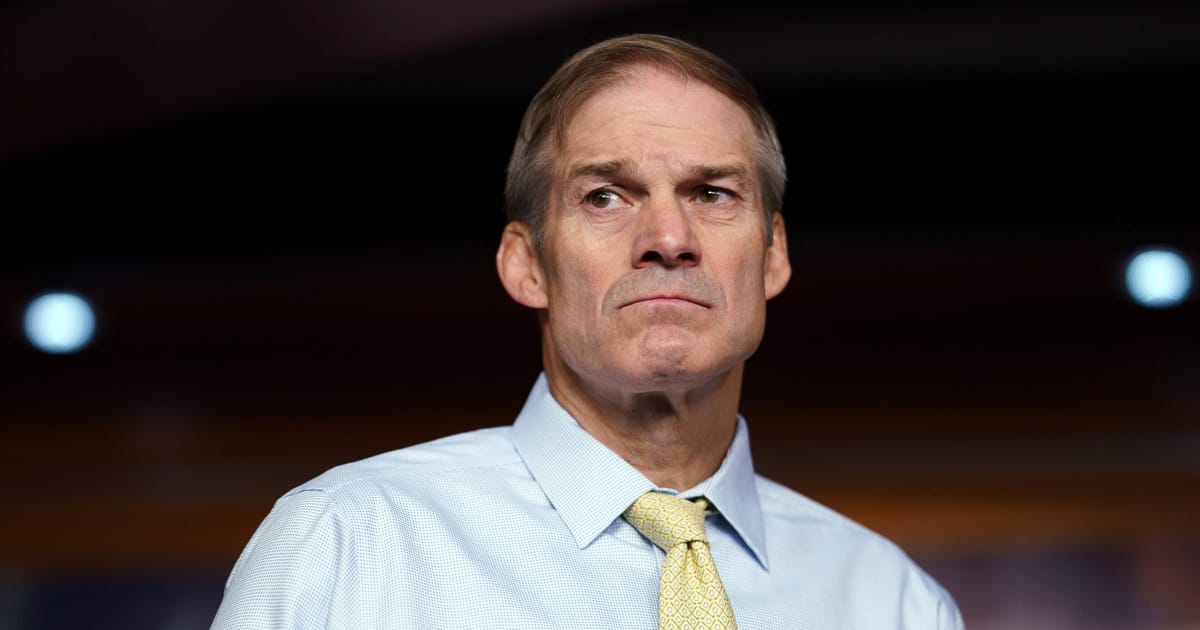

In a world increasingly interconnected through complex political, legal, and economic frameworks, recent events highlight the evolving narratives across continents. Today, we explore significant updates touching various aspects, from legislative decisions to social justice and historical resolutions.
In the United States, a new report from Congress has spotlighted concerns with the European Union’s Digital Services Act (DSA), described as unfavorable both in theory and execution. The report outlines apprehensions about the legislation’s potential impact on foreign entities, raising questions about international digital sovereignty and censorship. It underscores a broader debate over how nations regulate the internet while balancing domestic governance and global business interests. These discussions are ongoing, reflecting a need for mutual understanding and cooperation between the US and EU to safeguard both digital innovation and ethical governance.
Shifting focus to Australia, a poignant narrative unfolds regarding the tragic death of Tammy Shipley, an Indigenous woman who passed away in custody at Silverwater Women’s Correctional Centre in December 2022. Legal representatives have called for an examination of the New South Wales police’s handling of Shipley’s arrest. Key concerns center on the police’s failure to recognize her acute mental health needs, which may have played a critical role in the events leading to her untimely death. This case serves as a reminder of the need for sensitive and informed policing, especially concerning vulnerable communities. As discussions continue, there is hope that the inquest will lead to improved practices and policies, fostering a more equitable justice system.
In France, the government is reevaluating the framework surrounding ‘ruptures conventionnelles’ as part of negotiations concerning unemployment compensation systems. Labor Minister Astrid Panosyan-Bouvet has expressed intent to adapt the current model, which is perceived as a financial strain on unemployment insurance. While social partners present mixed views on the adjustments, the negotiation process illustrates a commitment to reform that resonates with the broader aim of economic sustainability and social responsibility. As dialogue progresses, stakeholders hope for a balanced solution that respects workers’ rights while ensuring fiscal health.
Lastly, in a significant development from France, pro-Palestinian activist Georges Abdallah has been released after serving 40 years in prison. Convicted in 1987 for complicity in the deaths of U.S. and Israeli diplomats in 1982, his release has been met with varied reactions, reflecting the complexities involved in reconciling past events with contemporary values. Abdallah’s release emphasizes the ongoing challenge of addressing political crimes in a way that acknowledges historical contexts and current societal standards. This resolution presents an opportunity to reflect on justice, forgiveness, and the process of healing long-standing grievances.
As the world navigates these diverse issues, it remains crucial for global communities to engage in dialogues that promote understanding, learning from past experiences while innovating for the future. Through collaboration and open communication, there is the potential to build a more harmonious world that celebrates both diversity and shared human values.
Source: {link}
